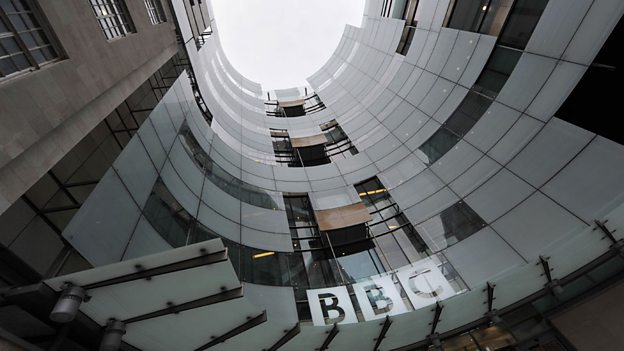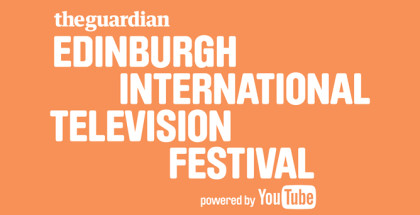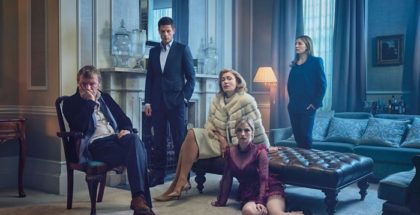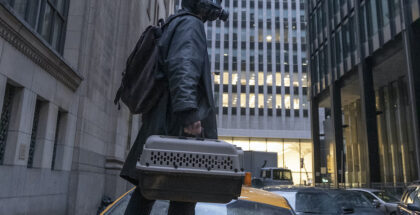Government to freeze television licence fee until 2024
David Farnor | On 16, Jan 2022
The government will reportedly freeze the TV Licence fee until 2024, as it moves to win over public and right-wing media support amid calls for Boris Johnson’s resignation as Prime Minister.
The government, not the BBC, is responsible for setting the level of the licence fee and announced in 2016 it would rise in line with inflation for five years from 1st April 2017. Last year, it climbed from £157.50 to £159 – just 43p a day for which the BBC provides nine national TV channels plus regional programming, 10 national radio stations, 40 local radio stations plus dedicated Nations radio services, one of the UK’s most popular websites, the radio app BBC Sounds, and BBC iPlayer. Each week 91 per cent of UK adults come to the BBC, with an average of 5 million people using its services every single minute of the day and night, across TV, radio, and online. At the start of this year, BBC iPlayer recorded its biggest ever festive viewing figures.
Now, however, the BBC will once again be faced with having to make huge cuts, as the government has frozen the licence fee for two years. With rising production costs due to competition from Netflix and other, as well as climbing inflation, it’s tantamount to a £2 billion funding cut – following more than a decade of cuts already having to be made by the Beeb due to government pressure.
The culture secretary Nadine Dorries told The Mail on Sunday about the plans, also confirming that “this licence fee announcement will be the last”, as the royal charter announced in 2016 set to expire in 2027 – which raises fresh concerns about the funding of the BBC in the future.
There are several options available, including the BBC going down a subscription service route solely for the people who use it, or some kind of privatisation, as well as government funding models. However, veering into private and commercial territory would fundamentally change the BBC as it is, from its editorial independence in its news coverage to the number of programmes it can commission and the range of services it can provide – and all of these changes would also have knock-on impacts for the whole TV landscape. With the government continuing to criticise the BBC, and claiming that its news coverage is biased against the government, cuts that would worsen its service in the future would make it easier for the government to argue that the corporation is not fit for purpose. Indeed, the government recently handed the BBC the responsibility for covering free TV Licences for over-75s, putting further strain on the corporation’s finances, then blamed the BBC when the benefit was ended.
“This will be the last BBC licence fee negotiation ever,” one MP told The Mail. “Work will start next week on a mid-term review to replace the Charter with a new funding formula. It’s over for the BBC as they know it.”
Government reportedly “not bluffing” on scrapping Licence Fee
16th February 2020
The government is “not bluffing” when it comes to scrapping the Licence Fee, a senior source has reportedly said.
The Sunday Times today quoted its source as saying the government is “not bluffing on the Licence Fee” and that it “will whack it”.
“It has got to be a subscription model,” they reportedly added, saying: “They’ve got hundreds of radio stations, they’ve got all these TV stations and a massive website. The whole thing needs massive pruning back.”
Earlier this month, the government confirmed that from 1st April 2020 the cost of the annual television licence fee will increase from £154.50 to £157.50. The government, not the BBC, is responsible for setting the level of the licence fee and announced in 2016 it would rise in line with inflation for five years from 1st April 2017. At the same time, it launched a public consultation on whether non-payment of the Licence Fee should stop being a criminal offence. The move would mean that anyone who doesn’t pay the fee would not be able to prison, as they could now, with the government highlighting the need for the Licence Fee and its regulation to be “relevant” and “fair”.
The current Licence Fee model is enshrined until 2027 by the BBC Royal Charter, but the government has made no secret of its plans to look at alternatives before then, including a Netflix-style subscription free.
Last week, BBC chairman Sir David Clementi defended the Licence Fee, warning that a paywall for the Beeb would impact its ability to bring the country together. Nonetheless, the latest reports highlight the growing tension between the BBC and the government, which appears to be more serious than some may have guessed about scrapping the Licence Fee altogether and downsizing the corporation.
The comments, which claimed the plans would see the BBC sell off most of its radio stations but safeguard Radio 3 and 4, were reported in a newspaper that costs £26 a month to subscribe to, while the Licence Fee works out as £13.13 a month, which covers nine national TV channels plus regional programming, 10 national radio stations, 40 local radio stations plus dedicated Nations radio services, the BBC news website, the radio app BBC Sounds and BBC iPlayer.
Since those comments reported, though, transport secretary Grant Shapps has said that there are no “preordained” decisions on the BBC.
“There is a consultation out there. It is just a consultation at this stage. There are no further decisions made at all,” he told Sky News. “The BBC is a much loved national treasure. We all want it to be a huge success. But everybody, including the BBC themselves, recognises that in a changing world the BBC itself will have to change.
“But it is simply not the case that there is some preordained decision about the future funding of the BBC out there. The charter runs to 2027 so there is long way to go on all these decisions.”
A BBC spokesman has responded to the reports, telling The Independent: “The BBC plays an important role for the country at home and abroad, it is the bedrock of our world-beating creative industries, and reaches millions of people every day. The public back it and they will undoubtedly have their own views about the future.”
The consultation on the decriminalisation of Licence Fee non-payment runs until 1st April 2020. You can respond here.
Government questions future of TV Licence and enforcement
6th February 2020
The UK government is questioning the future of the TV Licence and its enforcement.
Earlier this week, the government confirmed that from 1st April 2020 the cost of the annual television licence fee will increase from £154.50 to £157.50. The government, not the BBC, is responsible for setting the level of the licence fee and announced in 2016 it would rise in line with inflation for five years from 1st April 2017.
Anyone watching or recording TV programmes live on TV, or watching or downloading BBC programmes on iPlayer (whether live or on-demand), needs to be covered by a licence. This applies whether they are using a TV set, computer, or any other equipment.
Now, though, the government has launched a public consultation on whether non-payment of the Licence Fee should stop being a criminal offence. The move would mean that anyone who doesn’t pay the fee would not be able to prison, as they could now, with the government highlighting the need for the Licence Fee and its regulation to be “relevant” and “fair”.
In 2015, a review found that the current system was the fairest way to run the TV Licence model. Nick Morgan, Secretary of State for Digital, Culture, Media and Sport, however, has pointed out that the media landscape has changed in the last five years, comparing the BBC to Blockbuster to highlight the need for the Beeb to stay up-to-date with shifting audience behaviour.
“We are launching a public consultation to make sure we have a fair and proportionate approach to licence fee penalties and payments, that protects those most in need in society,” she declared.
Those “most in need” are meant to be the small number of over-75s that will soon not get a free TV Licence any more. This is because the government decided to place the burden of subsidising that benefit on the BBC’s shoulders, with the Beeb responding by using the government’s own Pension Credit measurement of those who are struggling financially to identify the people who should still get a free TV Licence.
The consultation arrives as tensions between the government and the BBC have rarely been higher, as the government increasingly places budgetary constraints on the corporation, while others complain of potential bias in the Beeb’s news coverage of the election. The current Licence Fee model, meanwhile, is enshrined until 2027 by the BBC Royal Charter, although the government will be looking at alternatives before then, including a Netflix-style subscription free.
The consultation will run for eight weeks.




















